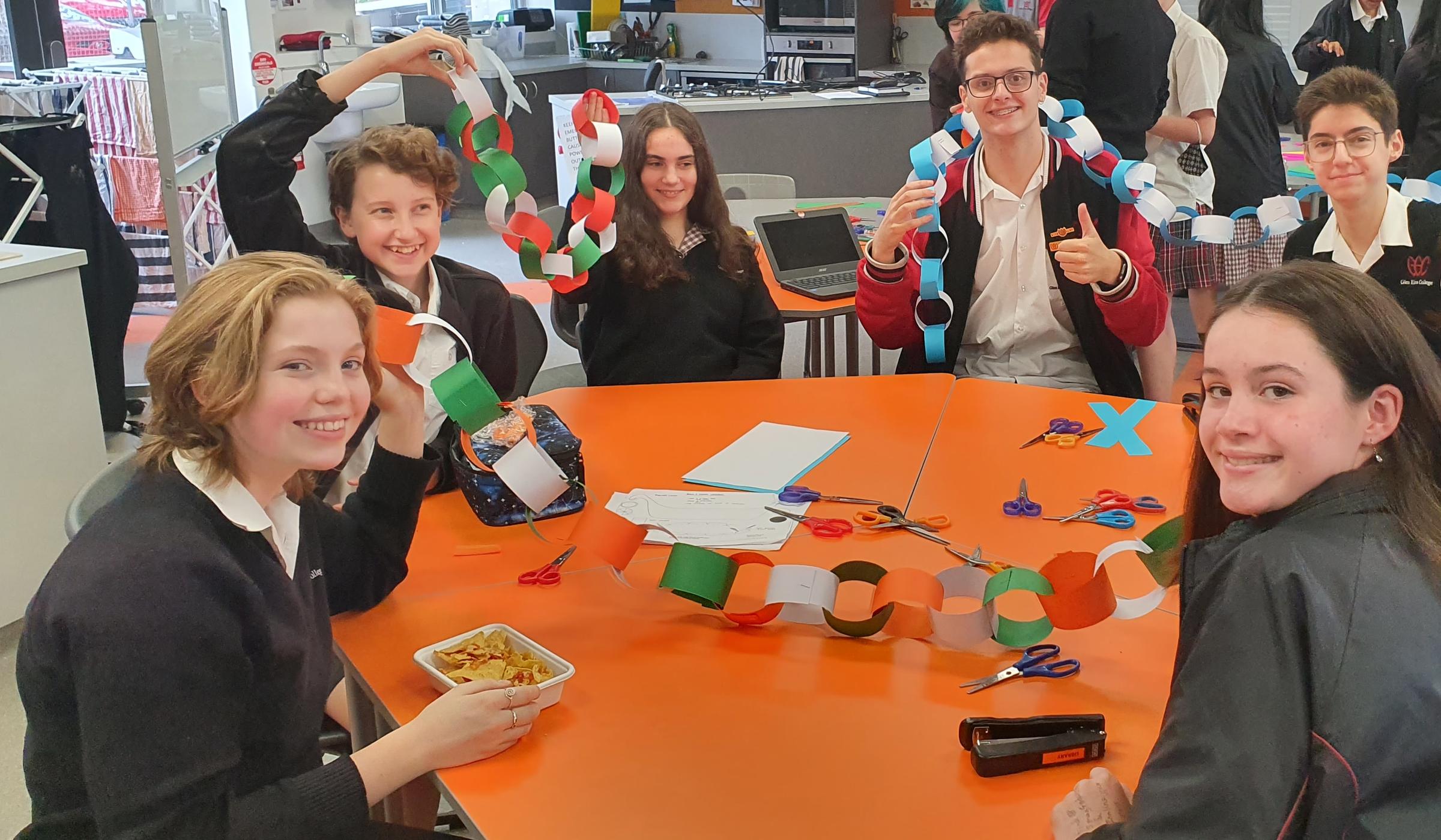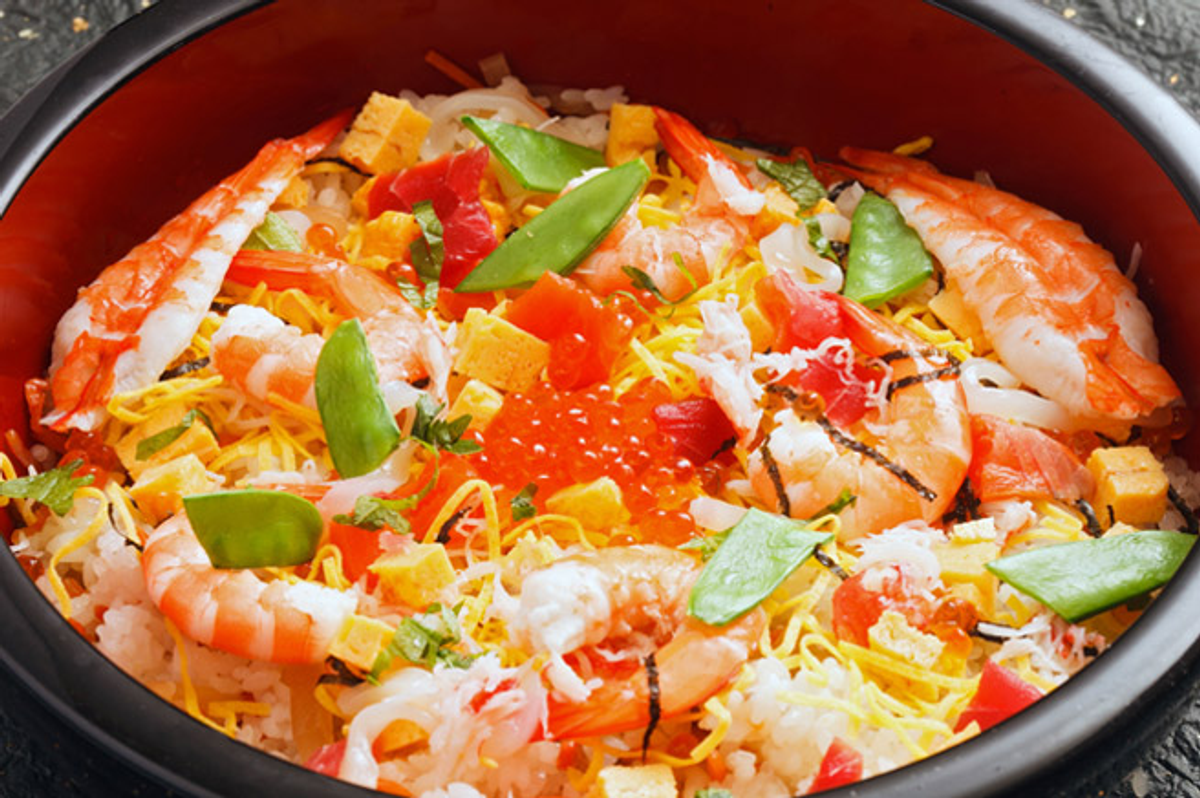Cultural Diversity Week

Where do I come from?
To celebrate Cultural Diversity Week (22nd - 26th February) we invited students to write a short piece explaining their cultural heritage, including what their culture means to them, what cultural practices they observe, and why it is important to their family etc.
Edison MacLeod-Smith 10B
So I came from Adelaide, where there’s nothing to do and no one to talk to. I was flown to Melbourne when I turned 7 because of my dad needing a heart transplant. My family got past all the troubles with help from friends and strangers donating for money towards the transplant. My mother’s side of the family is Jewish and so am I, my great great grandparents came from Prussia which is early Germany, so they did face some discrimination but they ended up sailing to Australia after joining the Prussian Navy. After that, my grandparents were born and then we stayed in Australia. Now we are very happy!
Louis M 7B
My mum's family was born in Ireland so they celebrate the Irish culture. The Irish culture talks about St. Patrick and how he got rid of all the snakes in Ireland. St. Patrick’s Day is the most important holiday in Ireland in fact it’s celebrated this week.
My family comes from all around the world. Both my parents were born in different countries and I was born in a different country to my parents so I know a lot of different cultures. Culture is important to my family because of the amount of cultures we know of and it is important for my family is to respect all those cultures.
The holidays I celebrate:
I celebrate Christmas when the family comes together and we give each other presents,
Halloween where we go trick or treating,
Easter day where we go camping and have chocolate,
St Patrick’s Day where we wear green
Bastille Day we celebrate the French revolution.
Guowei Goh 7B
My cultural heritage is Chinese even though I wasn’t born in China but neither were my parents or grandparents. I was born in Australia. My parents and grandparents were born in Malaysia and/or Singapore. What culture means to me is that what philosophy you follow and where you were born. Culture is important to my family because even though we live in Australia, we still speak Chinese and follow Tao.
Zachary Servadei 8E
The Servadei family was, and always will be Italian. My father was born in Forli, a regional province in Italy, in January, and subsequently flocked to Victoria. Fascinatingly, my father fondly remembers his Italian classes as a child, even after 49 years of residing in Australia. He’s even taught me basic vocabulary: ciao; cinque (five); and come ti chiami. And as an enthusiastic sightseer, he’s even ventured back to relish the nonchalant lifestyle in Venice. My mother’s life story has its differences. How about a 16,000km gap between my parents’ birthplaces? My mother was brought up on a farm in Michelago. In fact, her whole family line, from siblings to grandparents, is Australian and have lived in New South Wales for a prolonged stay. Her passion for studying languages was discovered at Canberra Girls’ Grammar, where she learnt French. It’s no wonder that my sisters and I are mastering Japanese! Now, the line ends with me. A distinct Year 8 student who is part of 2021’s Inclusion Leader and SRC committees. I can comprehend Japanese proficiently and am developing my knowledge gradually in French. I enjoy acting, singing and dancing, as well as playing tennis occasionally. I have travelled overseas once on an exchange trip to Japan and was tested on my expertise incessantly. I am grateful for the myriad of cultures I possess and am proud of my background because I believe that acknowledging and appreciating your diversity is a beneficial action in today’s society. Dedication, respect, and kindness towards others, as well as courage during difficult circumstances, are attitudes I strive for each day.
Candice Roxas 10E
I came from the Philippines, a large country that consists of mostly islands in Southeast Asia located in the Western Pacific Ocean. My family and I are also a part of an ethnic group in the Philippines called The Igorot. The Igorots are a very distinct group of people, a tribe who originate from the Northern provinces of the Philippine archipelago. The word, Igorot in Tagalog means mountain people or “mountaineer”. It is one of the ethnolinguistic groups in the Cordilleras, are any of many ethnic groups living in the mountains of northern Luzon, Philippines. The Philippines' culture is a combination of traditional Filipino and Spanish Catholic practices, as well as elements from the United States and other areas of Asia. Filipinos are a family-oriented and mostly religious people who love art, fashion, music, and food. Next time you see me in the hallways, make sure to say hi!
Every year on the 3rd of March in Japan, a traditional festival takes place. This festival is aimed for the good health and growth of the girls. Most households will take part by placing dolls on their shelves and eating specific foods, cooked with thought and meaning for the event. The dolls on the top shelf show the Emperor and Empress of Japan while the dolls on the lower levels display the court ladies, ministers and musicians of the heian period, all which are used to pray for prosperity, good health, and a good marriage, which was the sign of a good life. Although many dishes are eaten during this festival period, a commonly consumed dish is Chirashizusi. This dish is made with the thought of bringing the two opposite regions together (the mountains and the sea), as well thanking nature and the power it brings to one's body.
日本では毎年3月3日に伝統的なお祭りが行われます。このお祭りは、女の子の健康と成長を願って行われます。ほとんどの家庭では、本棚や棚の上に雛人形と言う人形を置き、この行事のために考えられた意味を込めて調理された食べ物を雛祭りでは食べます。上段の雛人形には天皇と皇后、下段の雛人形には平安時代の宮廷女性や大臣、音楽家などが置かれて、いずれも繁栄や無病息災、良縁を祈願したもので、良縁のしるしとされています。この祭りの時期には多くの料理が食べられますが、一般的に食べられているのは「ちらし寿司」です。山と海という相反する二つの地域が一つになるようにとの思いを込めて作られた料理で、自然に感謝し、身体に力を与えてくれることを感謝するという意味が込められています。
Dolls(Hina ningyo) Chirashizushi


